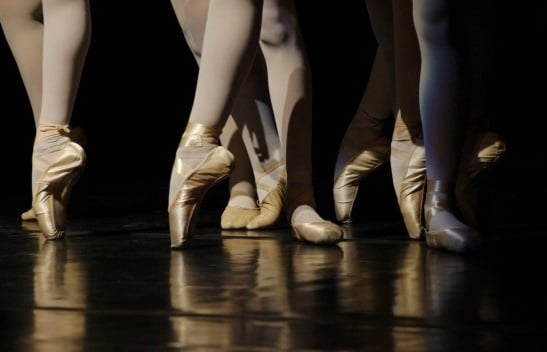
Photo: indy via Visual Hunt
London Mayor to assess dance in the capital
An assessment of the affordability, accessibility and spread of dance facilities across London comes ahead of a wider plan for culture in the city.
The Mayor of London is commissioning an assessment of dance in the capital in a bid to discover the sector’s current and future needs, and how best to support its development.
This information will be used to inform the upcoming ‘Cultural Infrastructure Plan’, which will establish a “roadmap” identifying what London needs to sustain and develop its cultural offer up to 2030.
The deadline to apply to conduct the assessment was this week, coinciding with London Mayor Sadiq Khan’s pledge to stand with the creative industries “every step of the way” during Brexit talks.
“I’ll do everything I can to ensure London’s Creative Industries continue to flourish,” he told an audience at the Creative Industries Federation anniversary party.
Goals
A tender document set out the scope of the dance assessment, which will begin with a consultation exercise with artists, dance organisations, and those working in the sector.
It then intends to map the dance sector visually, adding information such as studio spaces, dance venues, workshops and ‘secondary spaces’ across London. It will also identify:
- At-risk dance organisations and assets
- Planning and licensing policies that are favourable to dance production and performance
- Sub-regional needs of established and emerging dance clusters
- Accessibility of public spaces for performances.
It will provide case studies – particularly looking at the emerging dance cluster in East London – and recommend actions to support the dance sector.
Commenting on the assessment, Dr Sara Houston, Principal Lecturer in Dance at the University of Roehampton, said: “It’s great that the London Mayor’s Office is going to map and assess London’s dance infrastructure. There hasn’t been a mapping project like this for many years and in the current shifting political climate it is important that dance and the cultural sectors in general do not get neglected.
“London particularly is suffering from over inflated house prices and dance artists find it increasingly difficult to live and work in their chosen city. London has always attracted dancers from all over Europe and if Brexit happens, it may turn out to be one of the biggest barriers to cultivating cosmopolitan dancing talent in London and elsewhere in the UK.
“Going forward, the dance sector needs to be open to partnerships outside of the sector if it stands any chance of developing and growing. Fortunately, London has a wealth of opportunities here and this should be seen as an exciting moment for engagement.”
Join the Discussion
You must be logged in to post a comment.